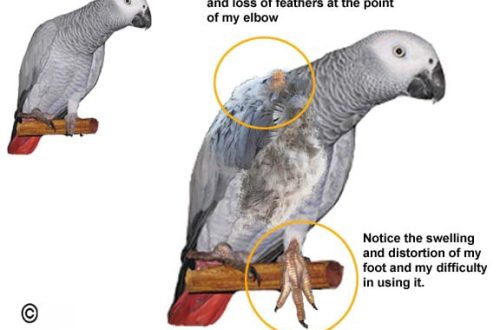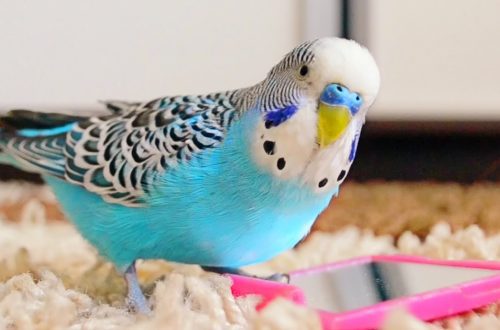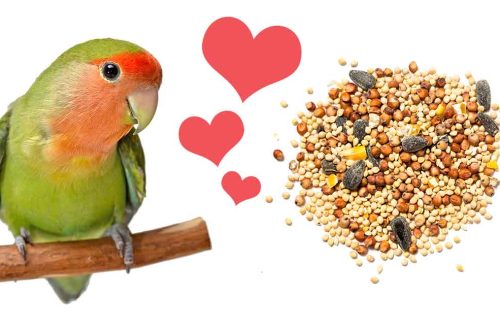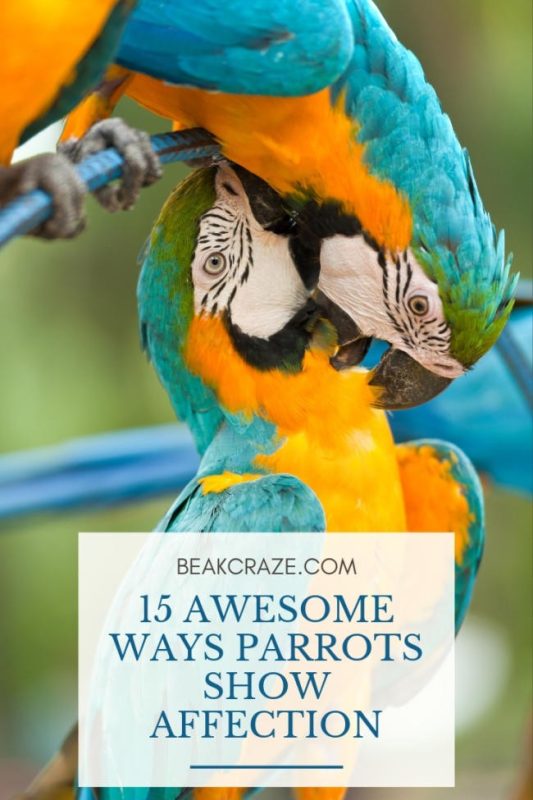
What do parrots want to say with their behavior
Watching a parrot, many owners note some special postures, gestures and even sounds, but few people know how “eloquent” they are, and how exactly they allow you to determine what the bird wants.
Often, sitting on a perch, the parrot will press one leg, slightly tilt its head and quietly click its beak, this posture indicates a calm emotional state and good health. If the bird raises its paw and crest, so she wants to relax and sit quietly. But if the pet tries to put his foot aside and behaves restlessly, moves from place to place, you need to pay attention to him, such behavior can be both a sign of a bad mood and indicate poor health.
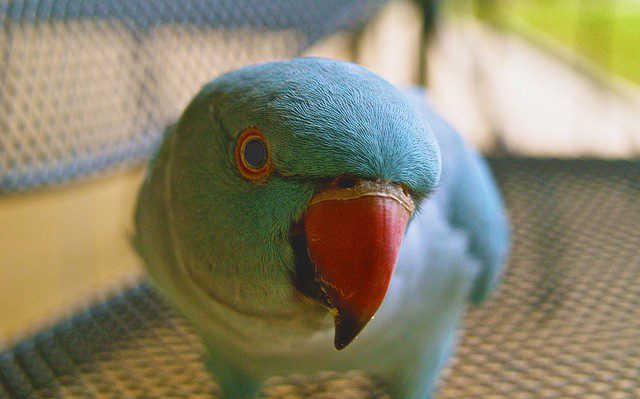
It would seem that the usual situation is that the bird scatters food, many might think that the parrot simply does not like it or that it is playing, but this is not so. This behavior is typical for birds that are trying to find a way out of the cage, and not only because they want to fly, but because they lack communication.
Sounds no less vividly express the emotional state of birds. In a good mood, the parrot chirps melodiously. In moments of indignation, it emits a chirping, abrupt cry, and a very loud hysterical “chirp”, which is often heard in the morning, is an extreme degree of indignation, the bird attracts attention to itself, demands to update the feeder or drinker, perhaps wants to leave the cage.
If the bird is silent and flaps its wings, it can be assumed that something annoys or frightens it. At such moments, it is better to remove the cage to a quiet place and cover until the bird calms down. The movement of the tail also matters. Rocking up and down helps to restore breathing, but if there has been no physical activity up to this point, this may be a sign of respiratory disease.
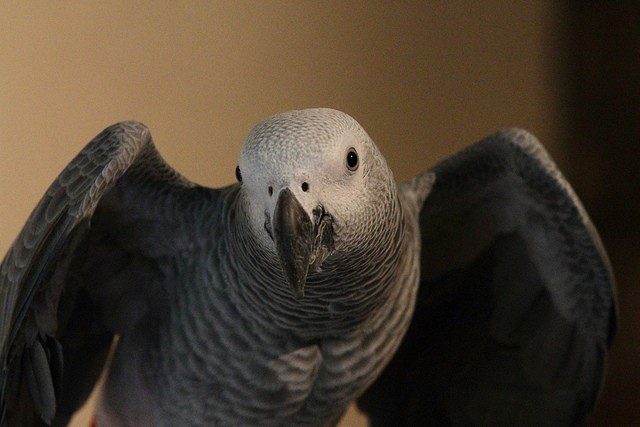
Parrots also yawn and sneeze in different ways. Series of short chikhov happens after cleaning the plumage. By itself sneezing is a sign of concern only when it is accompanied by discharge from the eyes and nose, unless the bird has previously tasted something unusual, such as various seeds.
Often, the owners notice that their birds were cheerful and suddenly fluffed up and calmed down sharply, such a reaction can be caused by the presence of a stranger or the displeasure of a bird that is trying to say that it wants to take a break from communication, it also reports this by turning its back to the owner.



